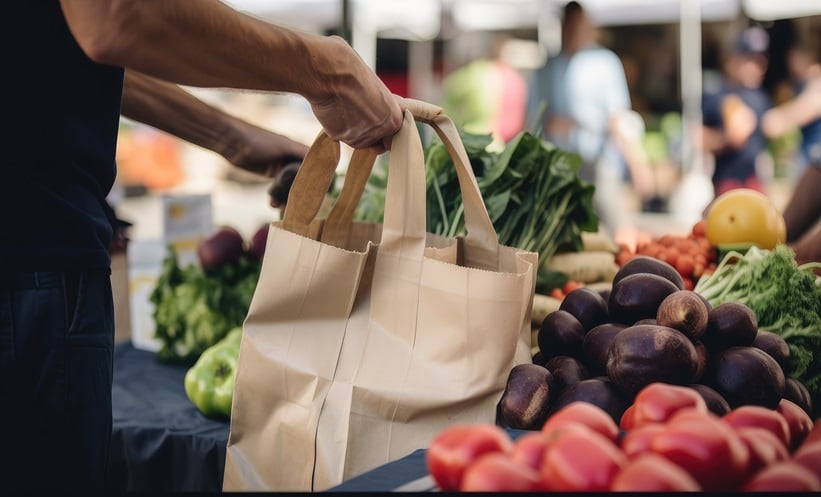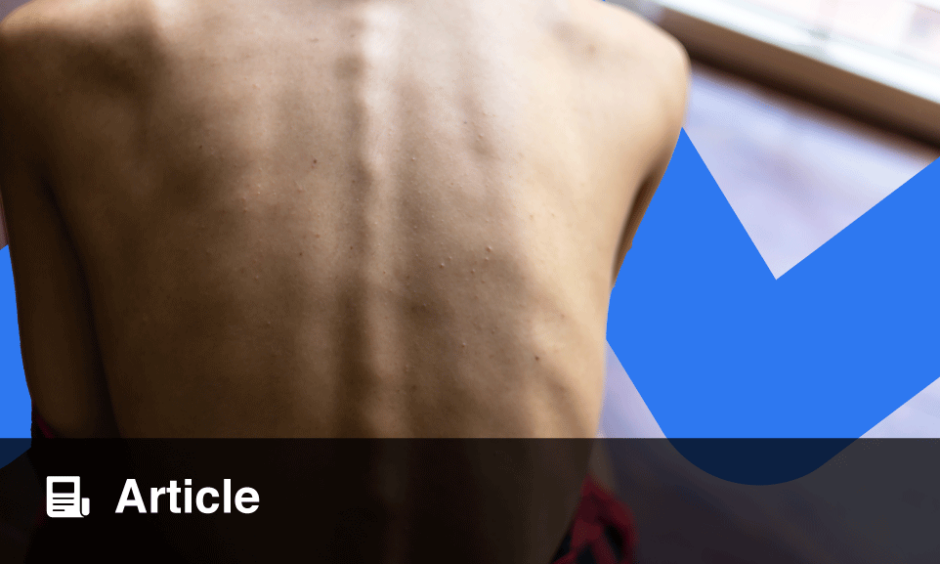EXPLORING the correlation between overactive bladder (OAB) and food insecurity, new research has revealed a significant relationship. Recent years have seen an increase in the prevalence of OAB, imposing a substantial global burden, and significantly impacting quality of life.
A cross-sectional analysis was performed as a part of this study, comprising 29,129 individuals. Data were derived from the National Health and Nutrition Examination Survey (NHANES) in the USA, between 2007–2018.
Three multivariable logistic regression models were carried out to explore the relationship between OAB and food insecurity. Individuals with full food security exhibited a lower proportion of nocturia, urinary urgency incontinence, and OAB compared to the other classifications. In the fully-adjusted model, those experiencing food insecurity had a significantly higher prevalence of OAB compared to those who had food security. Researchers were able to conclude that the correlation between levels of food insecurity and OAB indicate the same trend, and that the more insecure of food, the higher the risk of OAB prevalence.
Noting the cross-sectional nature of the study, the investigators advise that a prospective cohort study must be conducted to further verify and explore this topic. Increasing evidence suggests that diet plays a critical role in OAB management, and this is expected to shape decision-making and guidance provided in clinical practice in the near future.








